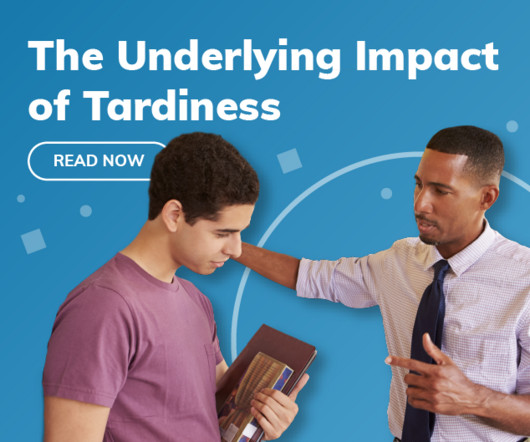The Noblest Profession
A Principal's Reflections
JULY 5, 2011
'Cross-posted at the Huffington Post: What is Wrong With This Picture? All across the country, education is under attack on numerous fronts. No matter where you look, educators are to blame for the economic woes in many states. This is extremely puzzling to me, as it is well known that this downturn in our economy was a result of misguided, unregulated, or greedy practices of the private sector.



























Let's personalize your content